No products in the cart.
Overview:
Sesame plant is a flowering plant belonging to the Pedaliaceae family.
These seeds have the highest oil content among all seeds and a delicate, nutty flavor that becomes more pronounced when they are roasted under low temperature for a few minutes.
These seeds can be consumed in the raw or dried form, or even as roasted snacks.
They are also used as an ingredient in several cuisines.
Benefits:
- Sesame seeds may help reduce heart disease risk factors, including elevated triglyceride and “bad” LDL cholesterol levels.
- Sesame seeds are a good source of protein, which is a necessary building block for your body.
- Sesame seeds may be rich in plant polyphenols, which can help promote hair health.
- Sesame seeds strengthen the roots.
- The rich omega fatty acids content present in the seeds help promote hair growth and also repairs hair damage.
- They also help in moisturising the scalp and improve blood circulation to rejuvenate hair follicles.
- Sesame seeds are packed with antioxidants that reverse signs of ageing and give you a youthful skin.
- Sesame seeds may be packed with a significant amount of fiber, an important element in healthy digestion.
- It may reduce conditions like constipation and diarrhea.
- The high content of copper in sesame seeds may help in reducing inflammation in joints, bones, and muscles, thereby contributing to preventing the associated pain of arthritis.
- Sesame seeds may contain a high amount of protein, which gets broken down and reassembled from its parts into usable proteins for the human body.
- Sesame oil contains an amino acid, tyrosine, which impacts serotonin activity.
- It is a neurotransmitter that affects our mood.
- An imbalance of serotonin could lead to depression or stress.
- Sesame seeds are a great source of calcium, magnesium, and zinc.
- All of these nutrients can help support bone health.
- Sesame seed can help in curing constipation due to the high fiber content and unsaturated fatty acid content.
Side Effects:
If sesame seeds are not consumed in the limit, they might cause blood glucose levels to drop below normal.
Excessive consumption of sesame seeds can drop blood pressure to dangerously low levels.
Fibre from sesame seeds can form a layer over the appendix, causing bloating and pain.
How to Use:
Sesame seeds can be eaten raw, or they can be baked or toasted to bring out more of their natural nutty flavor.
They are a common topping on bagels, burger buns, salads, and breadsticks.
They can also be tossed into salads.
Tahini, which is a main ingredient in hummus, is made from ground sesame seeds.
Nutritional Value:
100gm of sesame seeds contain:
- Energy – 563 kcal
- Carbohydrates – 25 g
- Dietary Fiber – 16.8 g
- Fats – 43.3 g
- Protein – 18.3 g
- Calcium – 1450 mg
- Iron – 9.3 mg
- Phosphorous – 570 mg
- Copper – 2.29 mg
- Zinc – 12.20 mg
Additional information
| Form | Whole (ثابت), Grounded (کٹی ہوئی), Powder (پسا ہوا) |
|---|---|
| Weight | 50 Grams, 100 Grams, 250 Grams, 500 Grams, 1000 Grams |

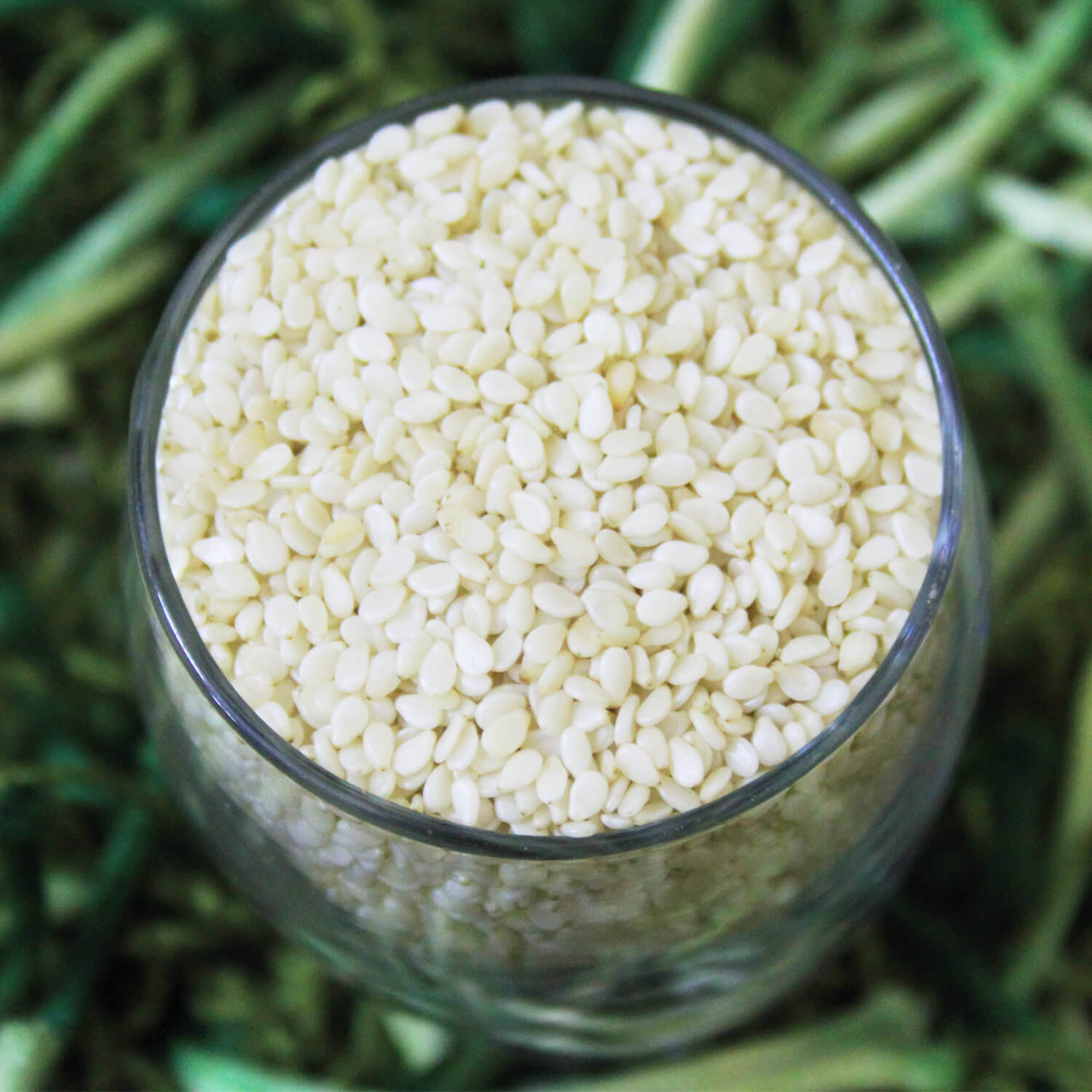

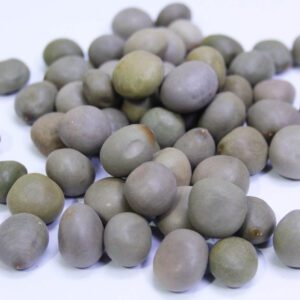
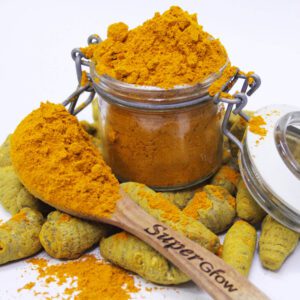
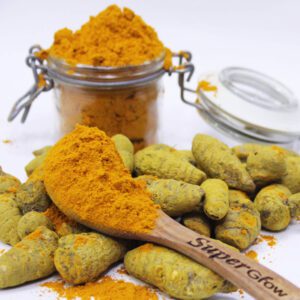



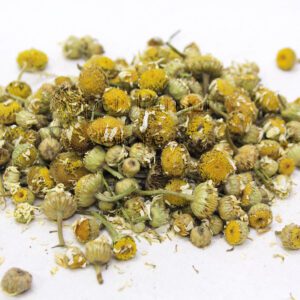

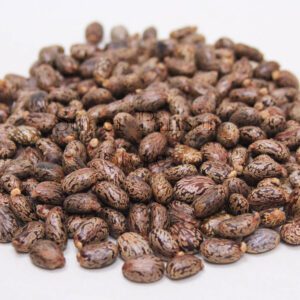


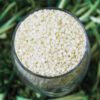
Reviews
There are no reviews yet.